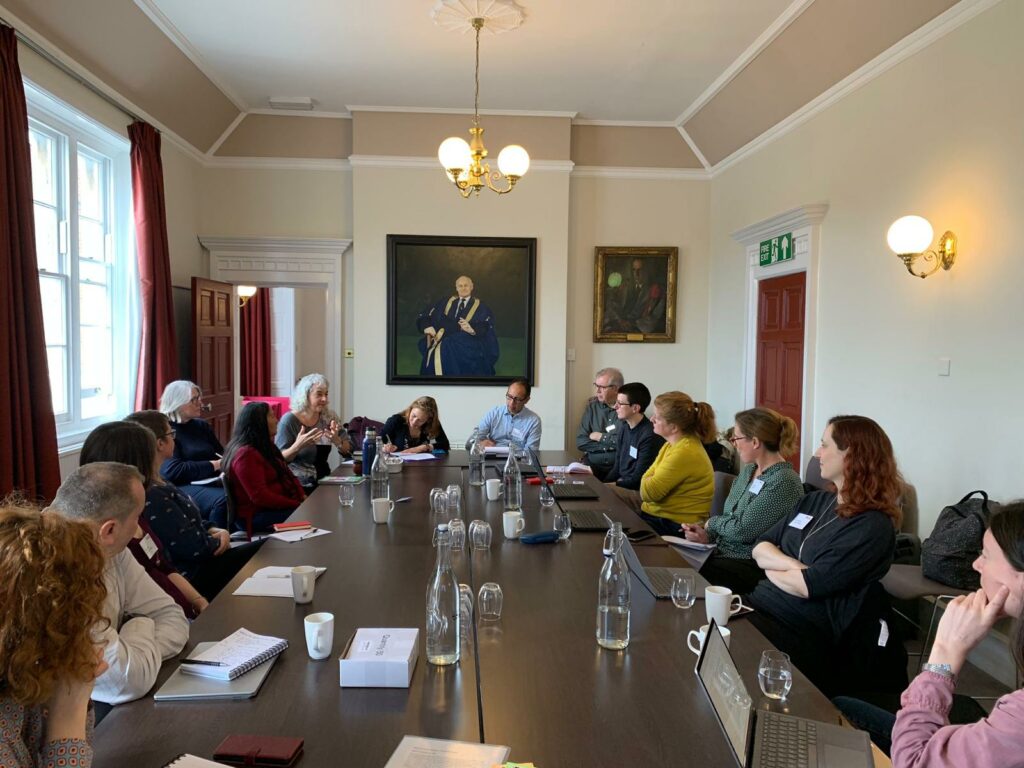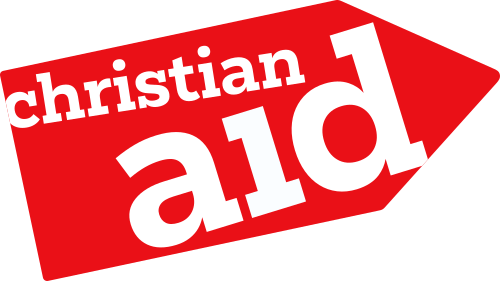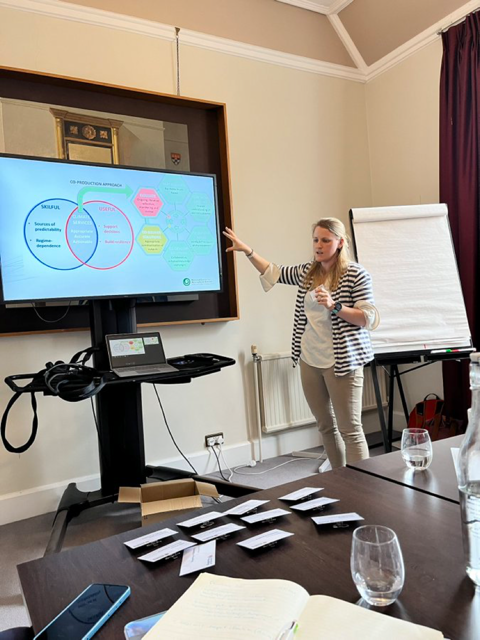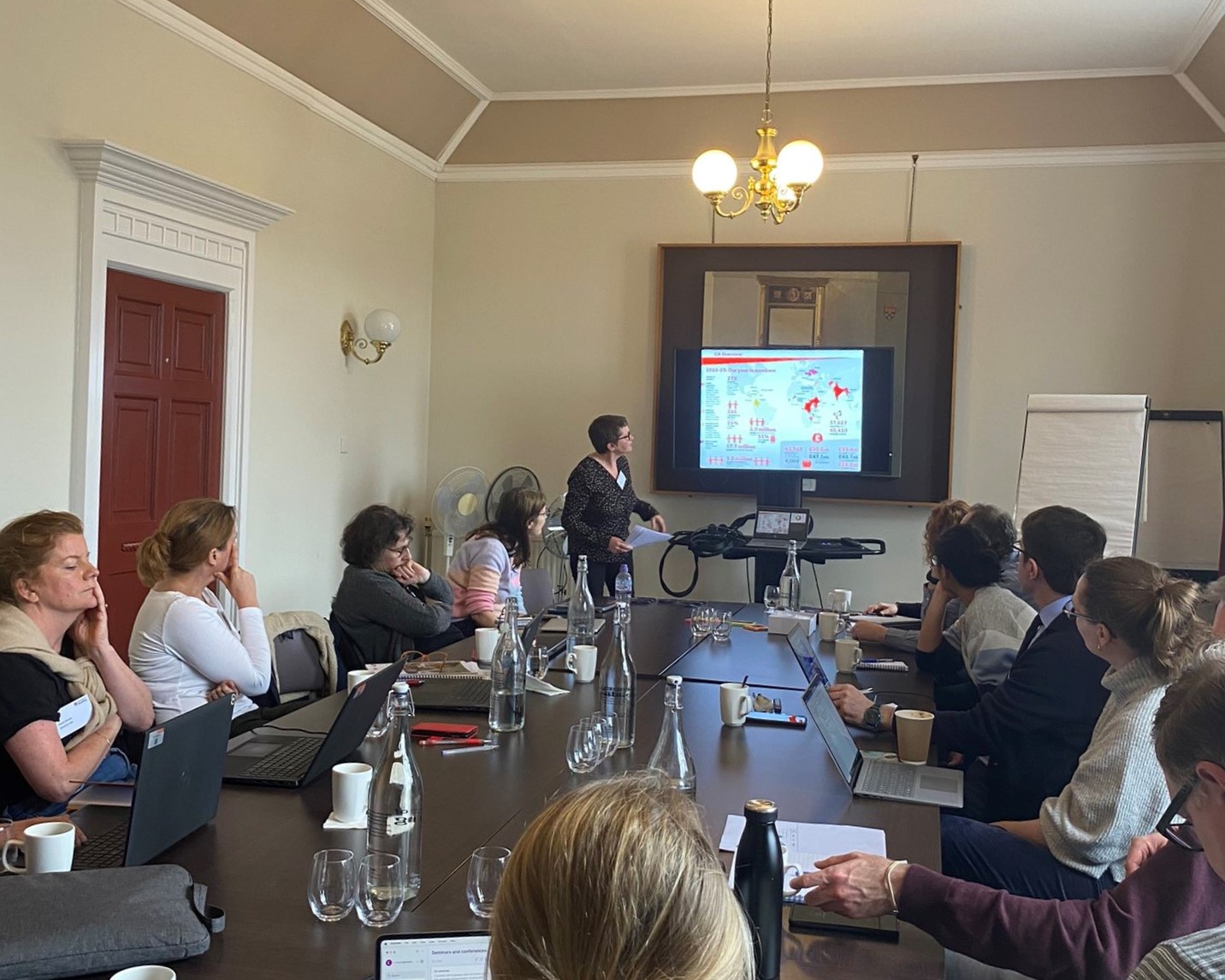The world is facing complex problems like climate change, food security, disease, conflict, inequality and discrimination. These problems play out at local, regional, national and international scales, and demand a range of diverse solutions. As academics, we are expected to contribute to some of them by producing knowledge that can bring about positive change through partnerships and engagement activities.

To respond to this challenge, our institutions have long steered their agendas to achieve research impact informed by societal needs, through the development of partnerships with non-academic organisations. This requires us not only to embed ‘challenge-centred’ method in our research, but also to learn how to properly listen to these organisations in order to acknowledge their expertise, become aware of their research questions, capture their needs, in brief cooperate with them on an equal basis.
It is indeed very common that, instead of equal partnerships, universities adopted a top-down approach, imposing their own strategies and objectives to non-academic stakeholders without sharing ownership – something that non-academic stakeholders are neither keen to develop nor to accept.
At the University of Reading, we’re trialling a new way of addressing these partnerships and fostering research relationships. Working with Christian Aid, we have created a platform for researchers from both institutions to have open conversations on specific topics and methodological perspectives.

Christian Aid is a global NGO tackling poverty, discrimination, and inequalities in four continents, with 275 projects currently implemented, and 3.3m people globally benefiting from the organisation’s intervention.
Through a series of meetings, we have explored potential collaborations based on an equal partnerships, presenting areas of interest and priority, discussing research impact, and suggesting possible research strands. We have started sharing a lexicon and framework, agreeing to focus on interdisciplinarity, intersectionality, and decolonising participatory approaches.
The culmination of these conversations was a two-day workshop on 13-14 March at the University of Reading, bringing together four of the NGO’s key research officers and around 30 scholars from several disciplines. The workshop included sessions on climate change, migration, global justice, hate speech, civic protest and inclusive peace building, and interdisciplinary and intersectional interventions from the Latin American and Caribbean Network (LAC).

The agenda was ambitious:
- Formulating common research questions;
- Sharing best practice and mutually benefiting from each other’s expertise;
- Creating opportunities for collaboration to increase awareness and benefit from each other’s research methodologies;
- Co-designing training programmes;
- Co-designing research projects for grant applications.
The outcome of the workshop exceeded our expectations. The sessions provided both institutions with key information on their research structures, which made potential collaborations look more realistic and manageable, and gave researchers the chance to explore interdisciplinary connections. Ultimately, we succeeded in creating an effective ‘listening zone’, seeing each other as equal partners, and discussing and challenging epistemological frameworks and research ethics.
The global challenges we face are too great for any organisation to tackle alone. This workshop has proven to be an excellent way for universities to collaborate with non-academic organisations to drive meaningful change for the betterment of all.
Federico Faloppa is a Professor of Italian Studies and Linguistics and Impact Lead for Modern Languages and Linguistics at the University of Reading.
Elisavet Kitou is an International Research Development Manager at the University of Reading.

